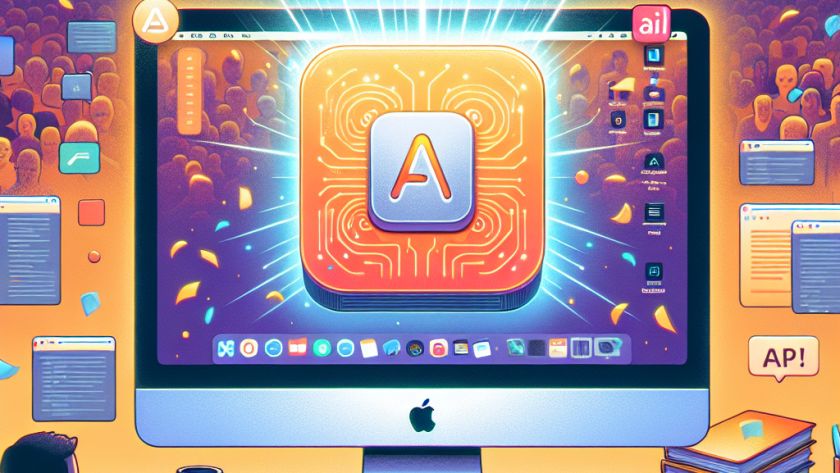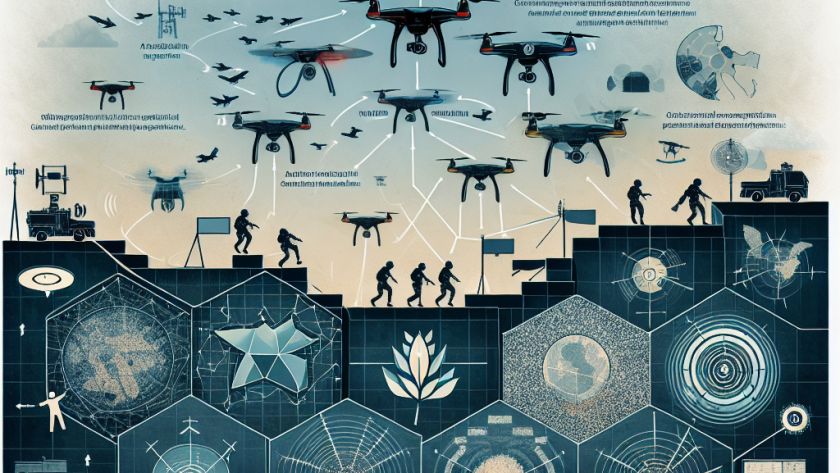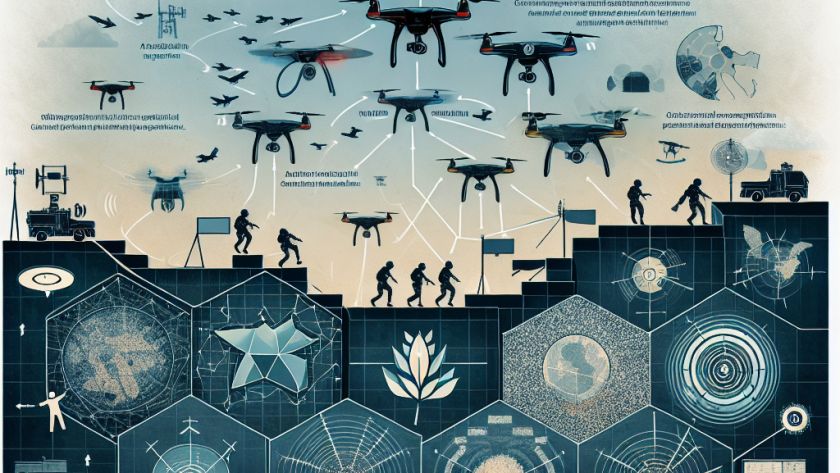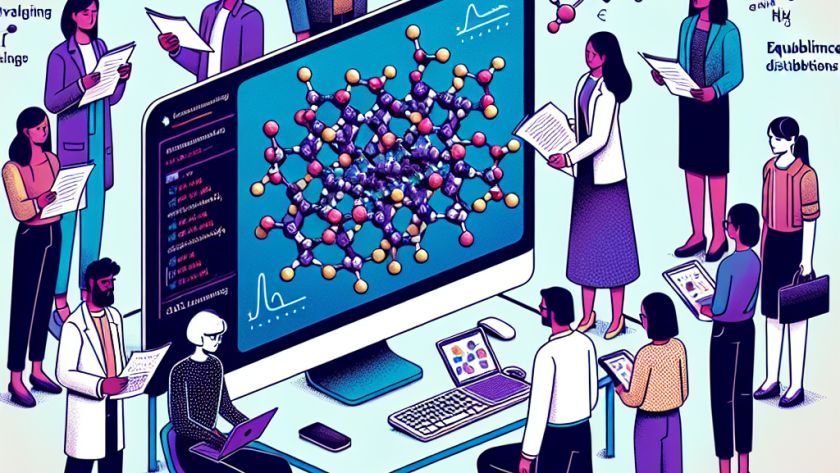Deep learning is an essential aspect of today's tech-oriented world, fueling advancements in AI that include vehicular automation, image or speech recognition, and language translation. By understanding deep learning, individuals can leverage its potential for problem-solving and innovation in different industries. The article identifies top books on Deep Learning and Neural Networks to help individuals…












